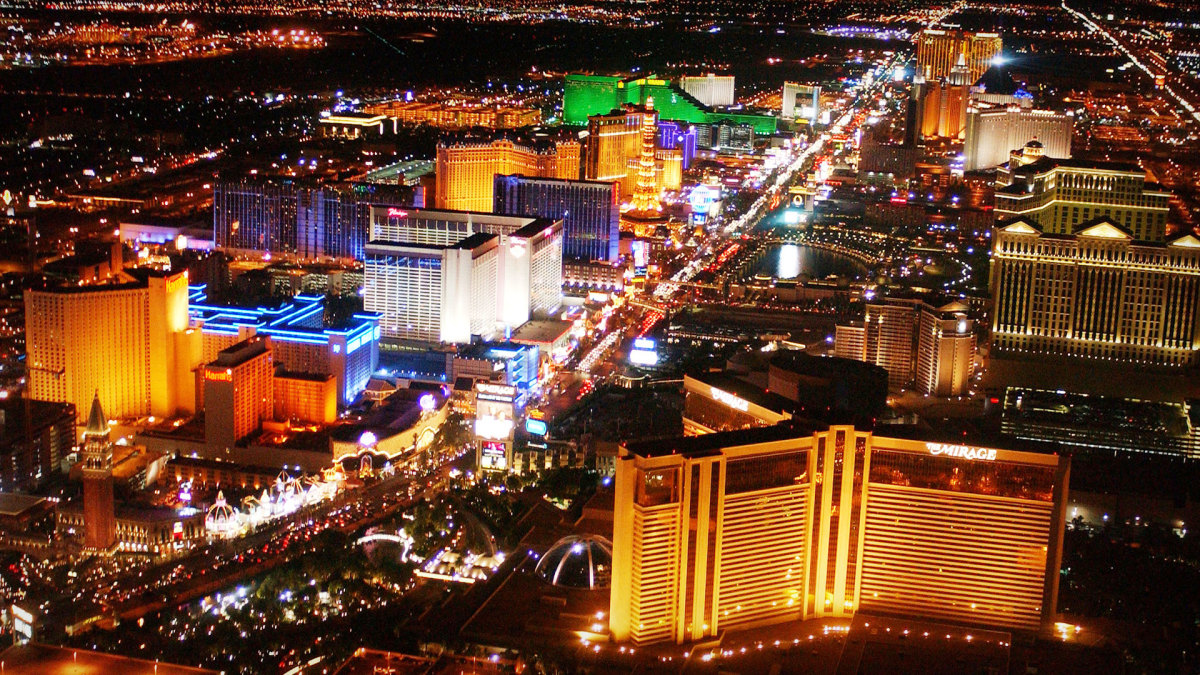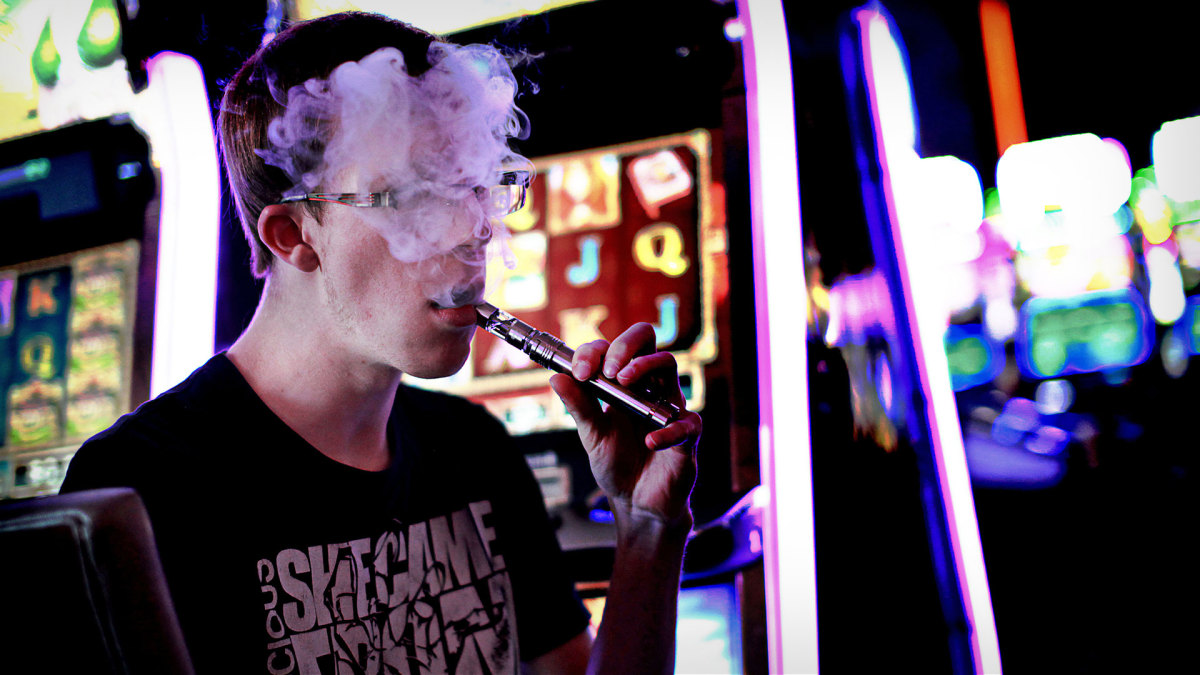
Las Vegas has a reputation as a place where anything goes.
It's a land of vices where people are encouraged to gamble, eat rich foods, and generally push the bounds when it comes to excess. And the Las Vegas Strip feels like a place where everything is legal — and most things are.
You need not go far from the Strip to buy legal cannabis: Planet 13, which sits about a mile off the Strip, offers an array of marijuana products ranging from smokeable and edible cannabis to beverages, vapes, and pretty much anything else you can imagine.
Related: Las Vegas Strip project stalls out, while another makes a comeback
Prostitution isn't legal on the Las Vegas Strip, but escort services nonetheless advertise on billboards mounted on trucks that drive up and down the Strip. In that case legal is a relative term as the law doesn't seem to be enforced.
Another example: In nearly all of the country, it's not legal to smoke indoors. But Las Vegas casinos have been exempt from the laws that ban smoking indoors.
That's an effort to protect workers from second-hand smoke, and the majority of Nevada residents support a ban on smoking in casinos, according to a new survey.

Image source: Sandy Huffaker/Corbis via Getty Images
Most Nevada residents support a smoking ban
Only MGM Resorts International's (MGM) Park MGM bans smoking on the Las Vegas Strip. Many MGM and Caesars casinos have nonsmoking areas, but smoking is largely allowed on the Strip.
That exposes workers to second-hand smoke without giving them any say in their health and safety.
"A new poll released today by the Nevada Tobacco Control & Smoke-Free Coalition finds that a clear majority of Nevadans support ending indoor smoking at Nevada casinos and other workplaces in the Silver State," according to the report.
"By a nearly 20-point margin, Nevada voters support making all workplaces in Nevada, including casinos, 100% smoke-free indoors – even after hearing an onslaught of expected opposition arguments. A clear majority – 58% – of Nevada voters support a potential law, while just 39% of Nevada voters are opposed to such a law."
In 2006 Nevada passed the Clean Indoor Air Act, which banned indoor smoking but specifically excluded casinos.
“Too many Nevada workers, especially in our state’s casinos, are forced to choose between their health and a paycheck,” said Nevada Cancer Coalition Executive Director Cari Herington. “This survey shows taking action to finally close this loophole in our state law would be well-received by voters and legislators’ constituents.
"A large, diverse, and growing coalition in Nevada is exploring various avenues to right this wrong and finally end indoor smoking, protecting roughly 100,000 Nevada workers from the known, harmful effects of secondhand smoke. Every worker deserves a safe workplace.”
Las Vegas Strip casinos push back on smoking ban
Las Vegas Strip casino operators have pushed back on the idea of banning smoking because they believe a ban would hurt revenue. Caesars, MGM, Wynn Resorts, and other big casino players have spent aggressively to oppose smoking bans despite the impact of smoking on their employees.
The Centers for Disease Control and Prevention has taken an aggressive position on smoking in casinos.
“This CDC report yet again confirms what scientists, health experts, and casino workers have known all along: The only way to stop threats to the health and safety of casino workers and patrons is to enact 100% smoke-free indoor policies,” said Americans for Nonsmokers’ Rights Chief Executive Cynthia Hallett.
“It is no surprise that Park MGM, the only smoke-free casino on the Strip, was the only casino that reported safe air quality throughout their property."
The report also showed that steps to mitigate the effects of second-hand smoke are not effective.
"As the ventilation experts have repeatedly said, there is no ventilation system that can protect worker and guest health in casinos," Hallett asserted. "That’s why we’re working with casino workers in places like Atlantic City, Nevada, Rhode Island, Pennsylvania, Virginia and Kansas to urge lawmakers to close the casino smoking loophole and protect their constituents from second-hand smoke."







